When we dream of travel, we often think of idyllic beaches, breathtaking landscapes, and enriching cultural experiences. Yet, there exists a subset of destinations that captivate not just for their beauty, but for their divisiveness. These places, despite their controversies, continue to intrigue and draw curious travellers from around the globe.
Chernobyl Exclusion Zone and Pripyat, Ukraine:
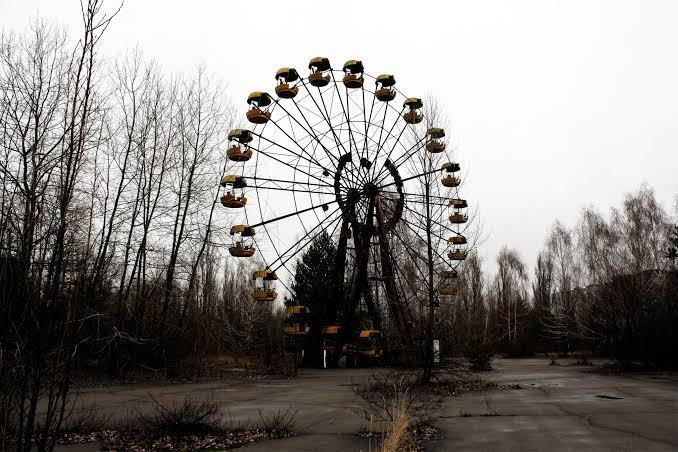
The haunting legacy of the Chernobyl Nuclear Power Plant disaster of 1986 casts a somber shadow over the abandoned city of Pripyat and its surroundings. The tragic event not only resulted in immediate loss of life and widespread environmental contamination but also left a lasting impact on the health and livelihoods of countless individuals. Despite the lingering radiation and associated risks, guided tours now offer brave visitors a glimpse into the desolate streets frozen in time, serving as poignant reminders of the catastrophic event that unfolded decades ago.
Galapagos Islands, Ecuador:
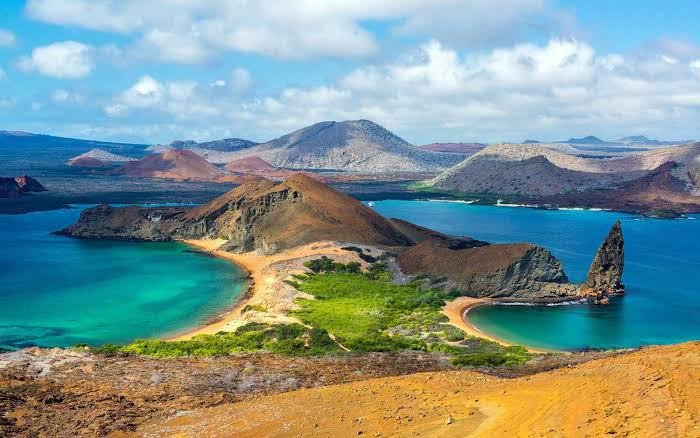
Renowned for their unparalleled biodiversity and pivotal role in shaping Charles Darwin’s theory of evolution, the Galápagos Islands stand as a testament to nature’s ingenuity. However, the influx of tourism has sparked concerns over the delicate balance between conservation efforts and the detrimental impact of human presence on these fragile ecosystems. Issues such as over-tourism, the introduction of invasive species, and environmental degradation underscore the challenges faced in preserving these natural wonders for future generations.
Read More:- Rig: The World’s First Floating Theme Park
Area 51, Nevada, USA:
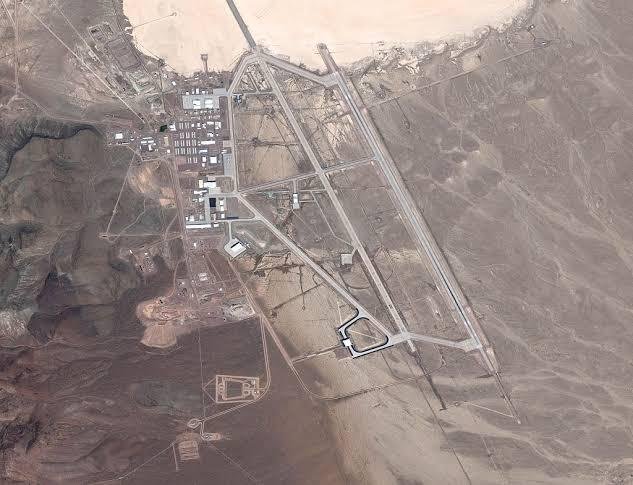
Shrouded in secrecy and surrounded by conspiracy theories, Area 51 has become a symbol of intrigue and speculation. While access to the highly classified military base remains restricted, the surrounding desert landscape has become a pilgrimage site for enthusiasts of extraterrestrial phenomena and government secrecy. Despite warnings from authorities, the allure of uncovering the mysteries hidden within the barren expanse continues to attract curious visitors from far and wide.
Robben Island, South Africa:
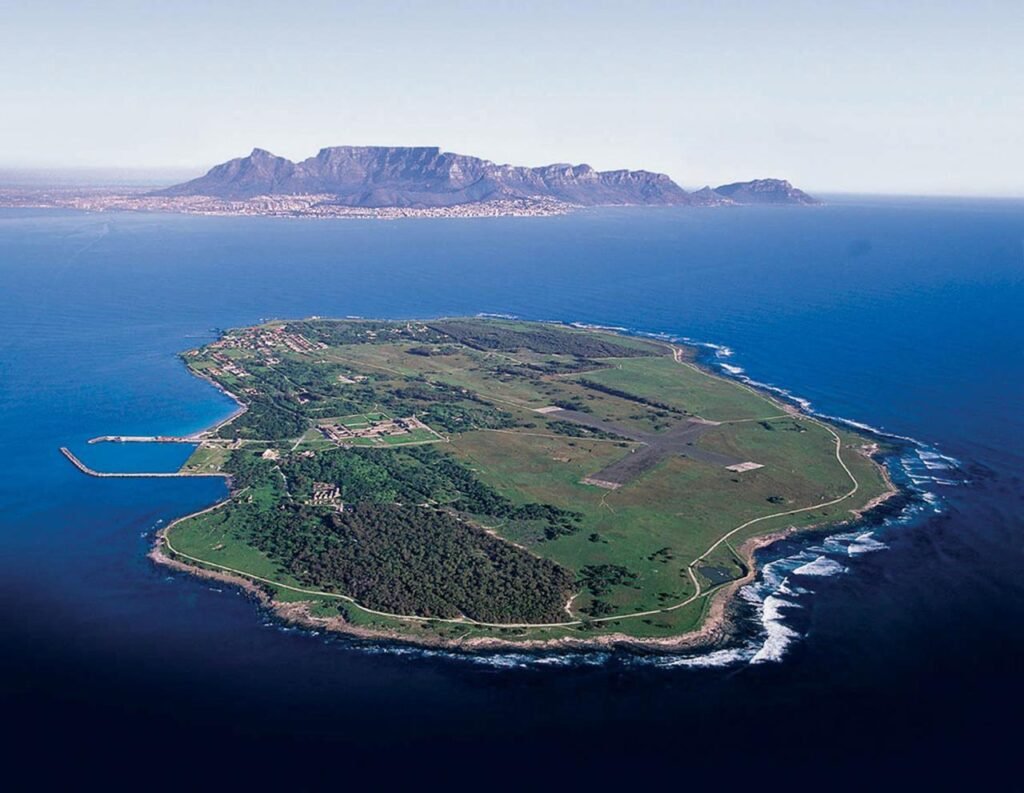
Steeped in a tumultuous history of oppression and resilience, Robben Island stands as a somber testament to South Africa’s struggle against apartheid. Once a place of incarceration for political prisoners, including the revered Nelson Mandela, the island now serves as a poignant reminder of the nation’s journey towards reconciliation and democracy. Guided tours led by former inmates offer visitors a glimpse into the harsh realities faced by those who fought against injustice, fostering a deeper understanding of South Africa’s complex past.
Mount Everest, Nepal/Tibet:
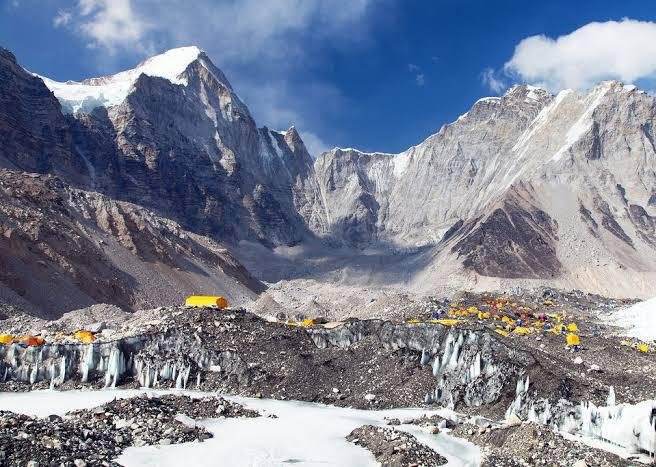
As the world’s tallest peak, Mount Everest has long been revered as the ultimate challenge for adventurers seeking to test their limits. However, the commercialization of Everest has led to overcrowding, environmental degradation, and ethical concerns regarding the treatment of Sherpa guides and porters. Despite the inherent dangers and ecological impact, the allure of conquering the summit continues to draw thrill-seekers, highlighting the complex interplay between human ambition and environmental stewardship.
These controversial tourist destinations serve as poignant reminders of humanity’s complex relationship with the world around us. Whether exploring the residues of a nuclear disaster, witnessing the wonders of nature, delving into the mysteries of the unknown, confronting a nation’s troubled past, or chasing the beauty of the highest peak, these unconventional destinations offer travellers a chance to delve deeper into the details of our shared human experience.
Ultimately, the decision to visit controversial destinations should involve careful consideration of the ethical implications and a respectful approach towards the local communities and environments affected.
Disclaimer: The above information is a result of research and Axpert Media is not responsible for errors in the same.


